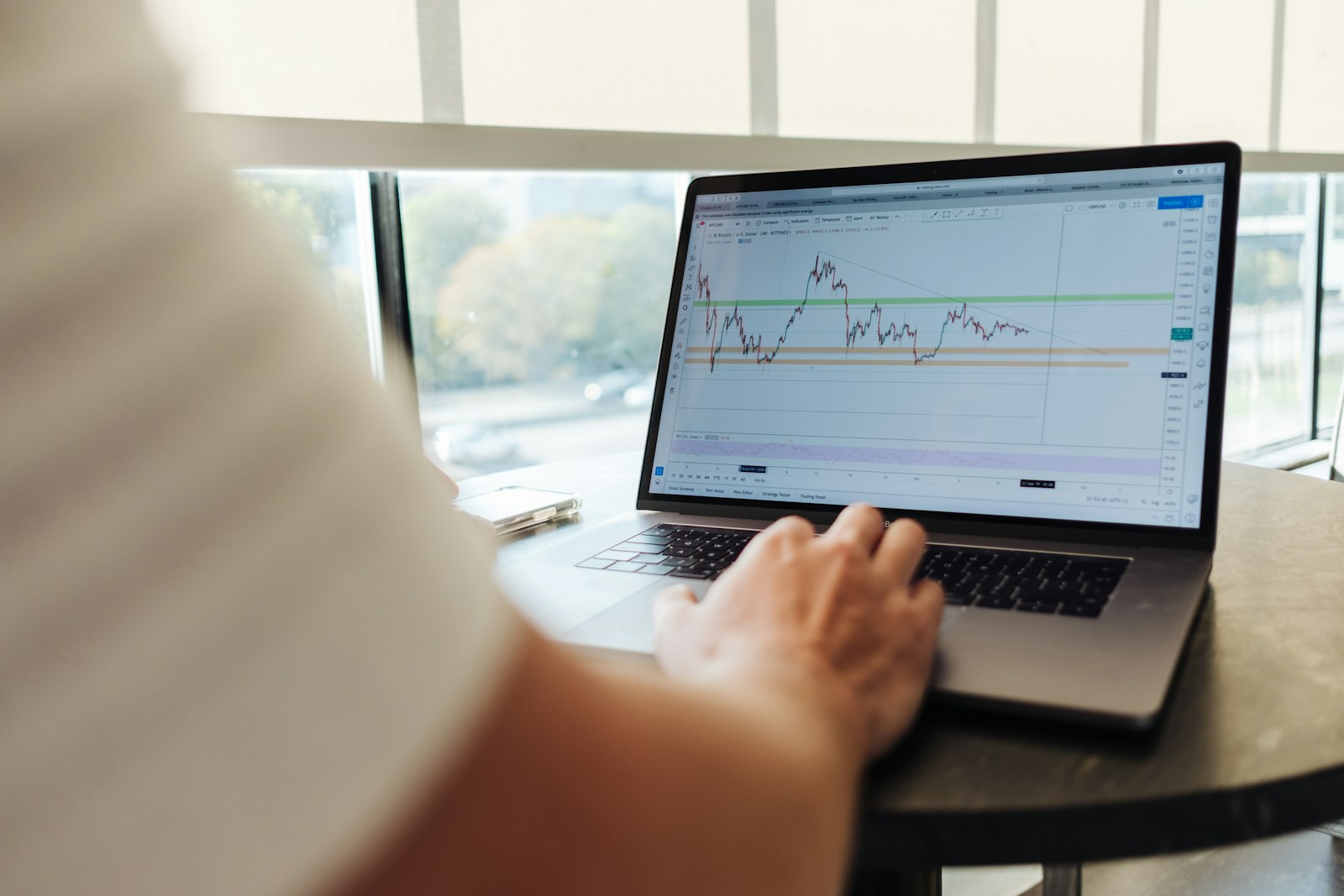In the world of trading, missed opportunities are inevitable. Whether it's a stock that skyrockets after you hesitated to enter, or a market reversal you failed to capitalize on, these moments can sting. Left unchecked, the emotional response to missing out can lead to impulsive decision-making, frustration, and a lack of focus.
This article explores the psychology behind missed opportunities and offers practical strategies for managing the emotions they trigger.
Why Missed Opportunities Hurt
1. Fear of Missing Out (FOMO)
When traders see others profiting from a move they missed, FOMO can lead to regret and irrational decision-making.
2. Loss Aversion
Psychologically, we are wired to feel the pain of loss more intensely than the pleasure of gain. Missing a trade often feels like a loss, even though no capital was actually risked.
3. Perfectionism
Some traders strive for perfection, wanting to capture every profitable trade. When they miss one, it can damage their confidence.
4. Hindsight Bias
It's easy to look back and see what could have been done differently, creating a false sense of certainty about market movements.
The Dangers of Obsessing Over Missed Opportunities
1. Revenge Trading
Trying to "make up" for a missed trade often leads to impulsive decisions and increased losses.
2. Emotional Fatigue
Dwelling on what could have been drains mental energy and affects future decision-making.
3. Loss of Focus
Obsessing over the past prevents traders from spotting new opportunities.
4. Deviating from the Plan
Frustration from missing out can lead traders to abandon their strategies, increasing risk and inconsistency.
How to Manage Missed Opportunities
1. Accept That Missing Trades Is Inevitable
No trader can capture every profitable move. Accepting this fact helps reduce the emotional impact of missed opportunities.
2. Focus on Process, Not Profit
Shift your focus to executing your trading plan consistently. Success comes from disciplined execution, not catching every market move.
3. Keep a Trading Journal
Documenting missed opportunities and your emotional response can help you identify patterns and improve decision-making.
4. Reframe the Experience
View missed trades as learning opportunities. Ask yourself what you can take away from the situation to improve future trades.
5. Practice Gratitude
Instead of focusing on what you missed, appreciate the trades that went well and the knowledge you've gained.
6. Use Visualization Techniques
Mentally rehearse staying calm and focused after missing a trade. Visualization can help condition your mind to respond more constructively.
7. Avoid Chasing the Market
Resist the urge to enter a trade late after missing the initial move. Wait for the next clear setup instead.
8. Stay in the Present Moment
Mindfulness techniques can help you stay focused on the present rather than dwelling on the past.
9. Review and Learn
If a trade setup was valid but you hesitated, analyze why. Was it fear, lack of confidence, or uncertainty? Addressing these issues can improve future performance.
10. Celebrate Discipline
Sometimes, avoiding a trade is the best decision. Celebrate the discipline to stick to your rules, even if it means missing a winning trade.
A Real-Life Example: Turning Missed Opportunities into Growth
John, a day trader, often found himself emotionally drained after missing big moves in the market. He would jump into trades impulsively, leading to significant losses.
After reviewing his trading journal, John realized that his reaction to missed opportunities was undermining his success. He started practicing mindfulness techniques and reframed missed trades as learning experiences. Over time, he developed greater emotional resilience and improved his trading discipline.
Conclusion
Missed opportunities are an inevitable part of trading, but they don't have to derail your journey to success. By accepting them, learning from them, and focusing on the process rather than the outcome, traders can maintain a calm, disciplined mindset and improve their overall performance.
Remember, the market always presents new opportunities. The key is to be ready — both mentally and strategically — to capitalize on them when they arise.









